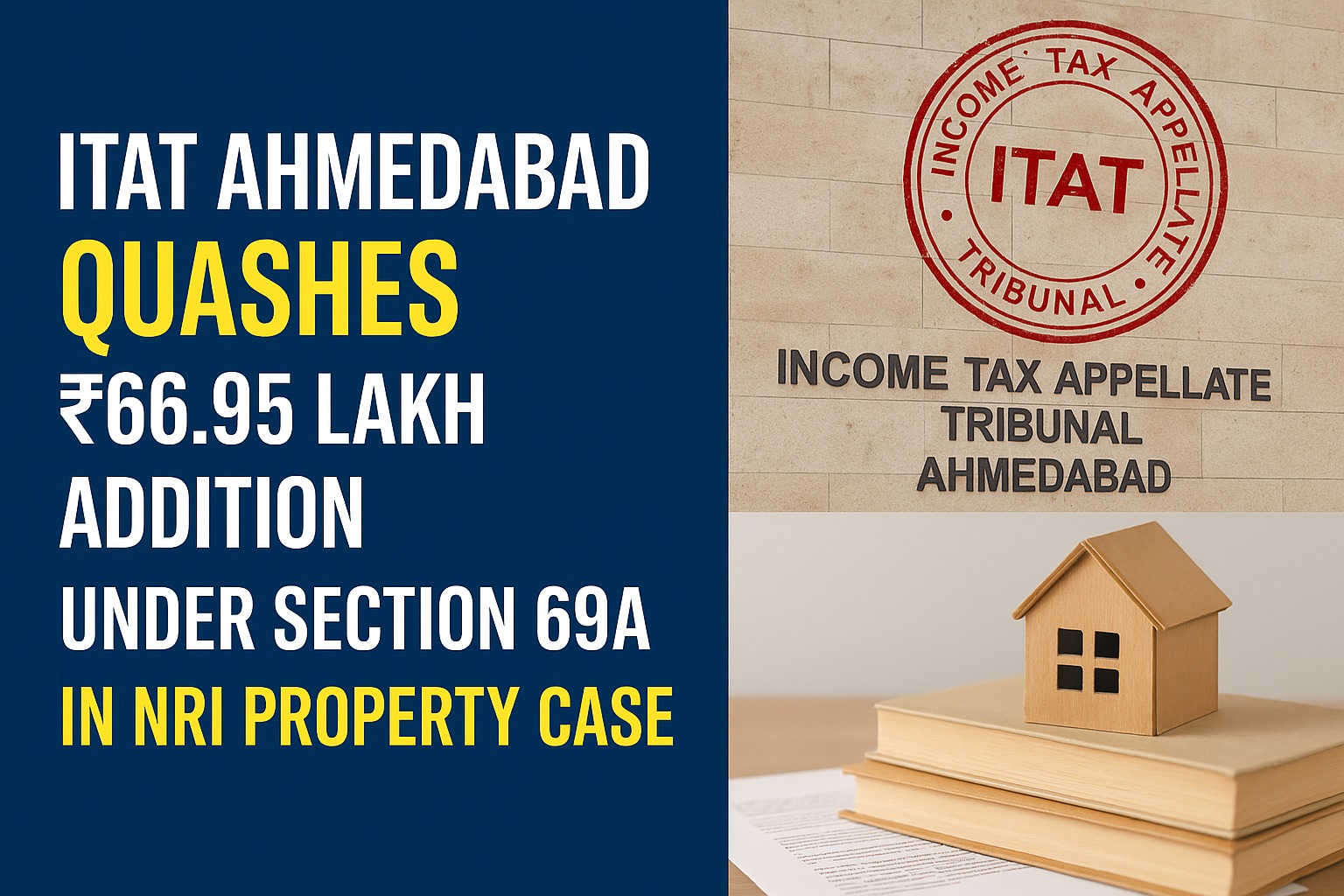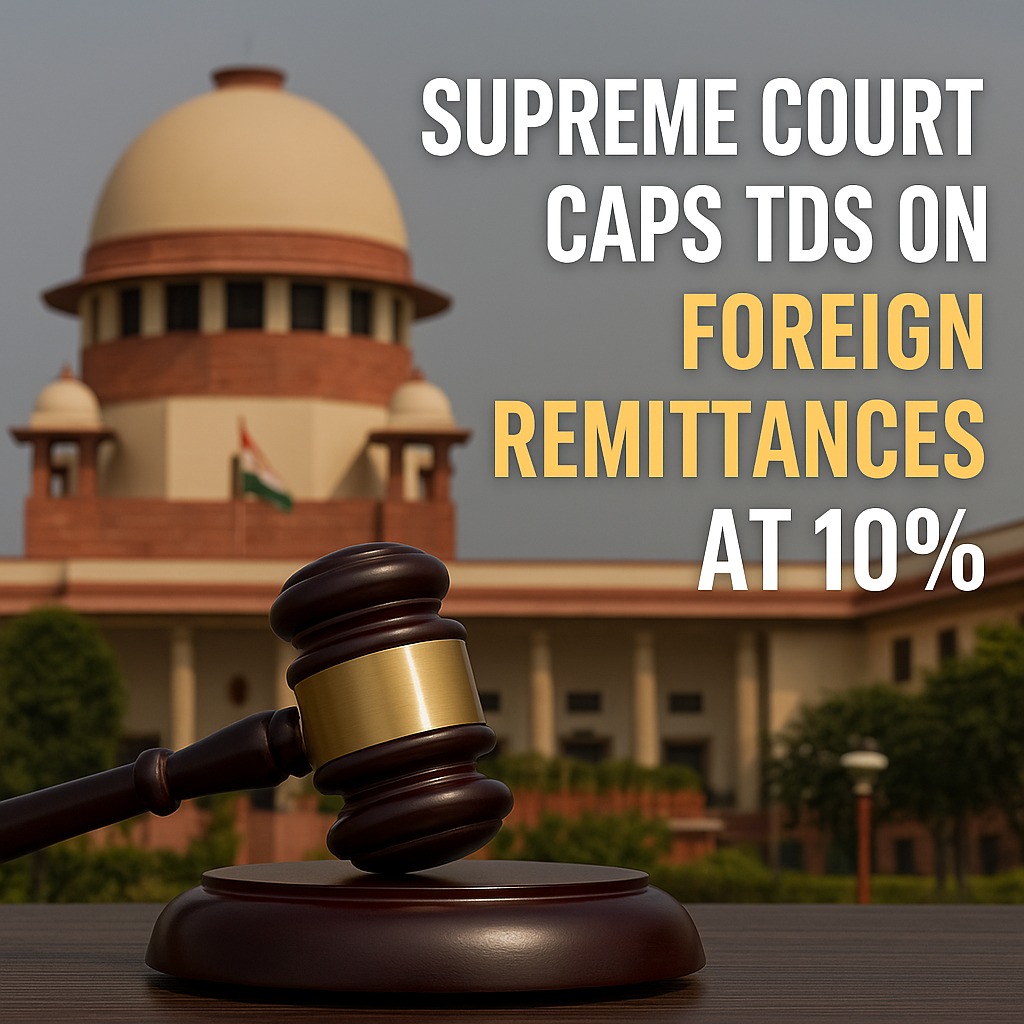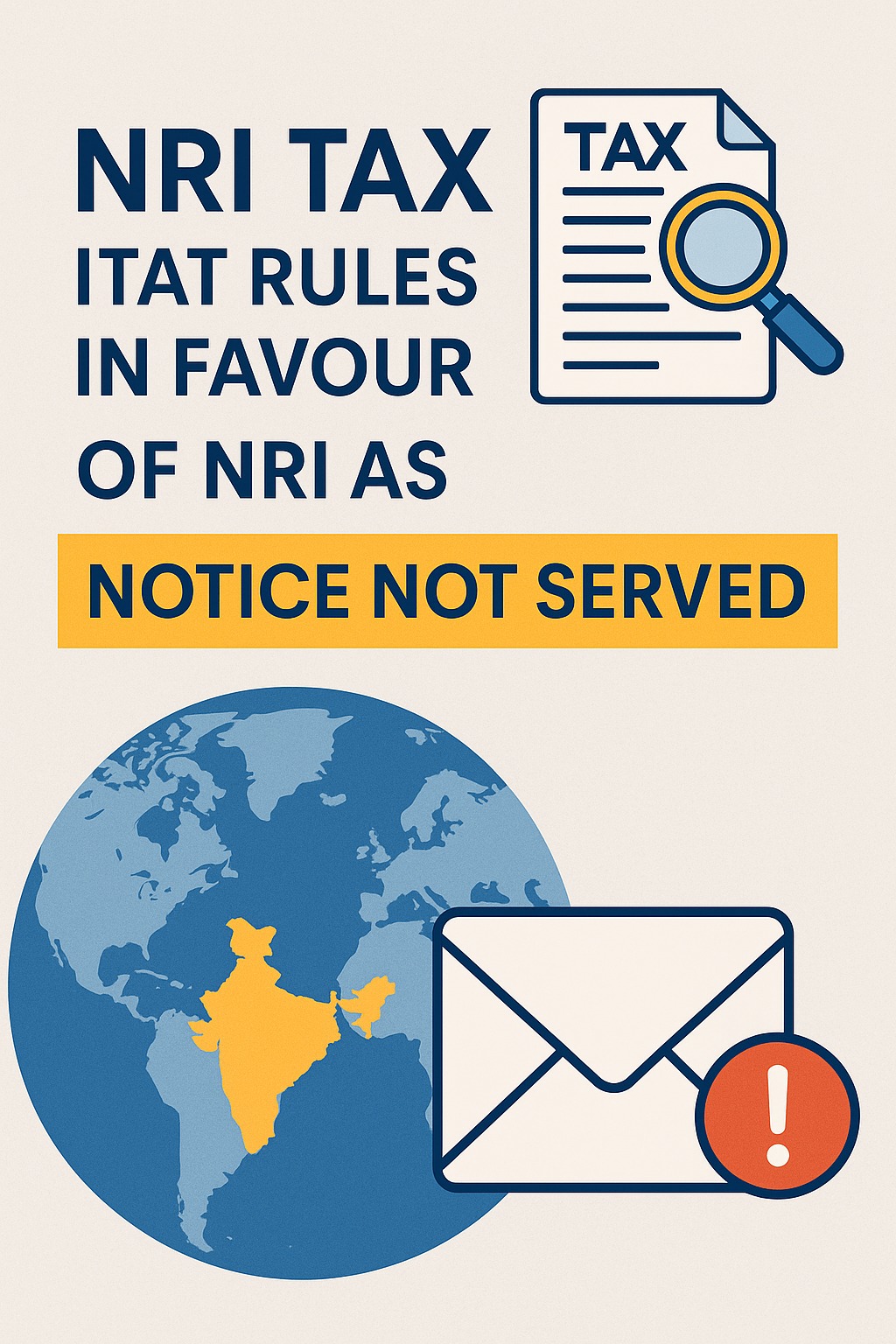As tax season approaches in India, Non-Resident Indians (NRIs) need to be well-informed about the various tax exemptions and deductions they can claim. This guide provides a detailed overview of the available options, helping NRIs maximize their tax savings and ensure compliance with Indian tax laws.
Section 80C: Investments in Specific Instruments
NRIs can claim deductions up to ₹1.5 lakhs under Section 80C by investing in specified instruments such as:
- Life Insurance Premiums
- Public Provident Fund (PPF)
- National Savings Certificates (NSC)
- 5-year Fixed Deposit in Banks
- ELSS (Equity Linked Savings Scheme)
Section 80D: Health Insurance Premiums
NRIs can get deductions under Section 80D for health insurance premiums paid for:
- Themselves
- Spouse
- Dependent parents
This deduction is available for policies taken in India.
Section 54EC: Long-Term Capital Gains Exemption
Section 54EC allows NRIs to claim an exemption of up to ₹50 lakhs on long-term capital gains if they invest in specified bonds issued by:
- National Highways Authority of India (NHAI)
- Rural Electrification Corporation (REC)
Section 24: Home Loan Interest Deduction
Under Section 24, NRIs can claim a deduction of up to ₹2 lakhs on the interest paid on home loans for:
- Purchase of a residential property
- Construction of a house
Section 54 and 54F: Capital Gains Exemptions
Section 54: Provides exemption on long-term capital gains from the sale of residential property if the gains are reinvested in another residential property.
Section 54F: Offers exemption on long-term capital gains from the sale of assets other than residential property if the gains are reinvested in a residential property.
Section 80EE: First-Time Homebuyer Deduction
Section 80EE allows NRIs to claim deductions for interest payments on home loans if they are first-time homebuyers. The maximum deduction available under this section is ₹50,000.
Section 80G: Donations to Charitable Organizations
NRIs can claim deductions under Section 80G for donations made to eligible charitable organizations. The amount of deduction varies based on the type of institution and the donation made.
Section 80GG: Rent Deduction
Section 80GG allows NRIs to claim deductions for rent paid for accommodation in India if:
They do not receive House Rent Allowance (HRA) from their employer.
They are paying rent for a property in India.
Section 80TTA: Savings Account Interest Deduction
Section 80TTA offers NRIs a deduction of up to ₹10,000 on interest earned from savings accounts and bank deposits. This benefit is available only to NRO savings account holders.
FAQs on Tax Deductions and Exemptions for NRIs
Q: Can NRIs claim deductions under Section 80C?
A: Yes, NRIs can claim up to ₹1.5 lakhs in deductions for investments in specified instruments under Section 80C.
Q: Are health insurance premiums deductible for NRIs?
A: Yes, under Section 80D, NRIs can deduct premiums paid for themselves, their spouse, and dependent parents.
Q: What is the limit for exemptions under Section 54EC for NRIs?
A: NRIs can claim up to ₹50 lakhs in exemptions by investing in specified bonds under Section 54EC.
Q: Is there a deduction available for home loan interest for NRIs?
A: Yes, Section 24 allows a deduction of up to ₹2 lakhs on home loan interest for NRIs.
Q: How do Sections 54 and 54F help NRIs?
A: These sections provide exemptions on long-term capital gains from property (Section 54) and other assets (Section 54F).
Q: Can NRIs benefit from Section 80EE?
A: Yes, this section offers deductions for interest payments on home loans for first-time homebuyers.
Q: Are charitable donations deductible for NRIs?
A: Yes, Section 80G allows deductions for donations to eligible charitable organizations.
Q: What is Section 80GG, and how does it help NRIs?
A: Section 80GG provides rent deductions if NRIs are not receiving HRA and are paying rent for a property in India.
Q: What deductions are available under Section 80TTA for NRIs?
A: NRIs with NRO savings accounts can claim up to ₹10,000 in deductions on interest earned from savings accounts and bank deposits.
For more personalized advice, consult Dinesh Aarjav & Associates to maximize your tax savings and ensure compliance with Indian tax laws.
 WhatsApp
WhatsApp
 Call Us
Call Us
 Email Us
Email Us
 Whatsapp Community
Whatsapp Community







